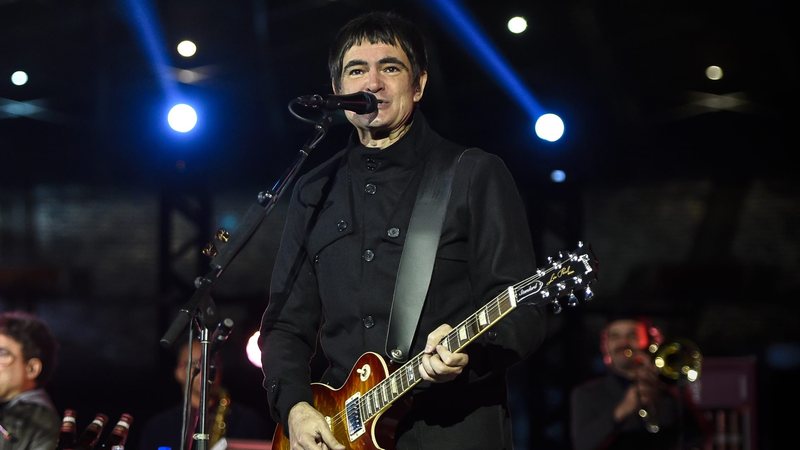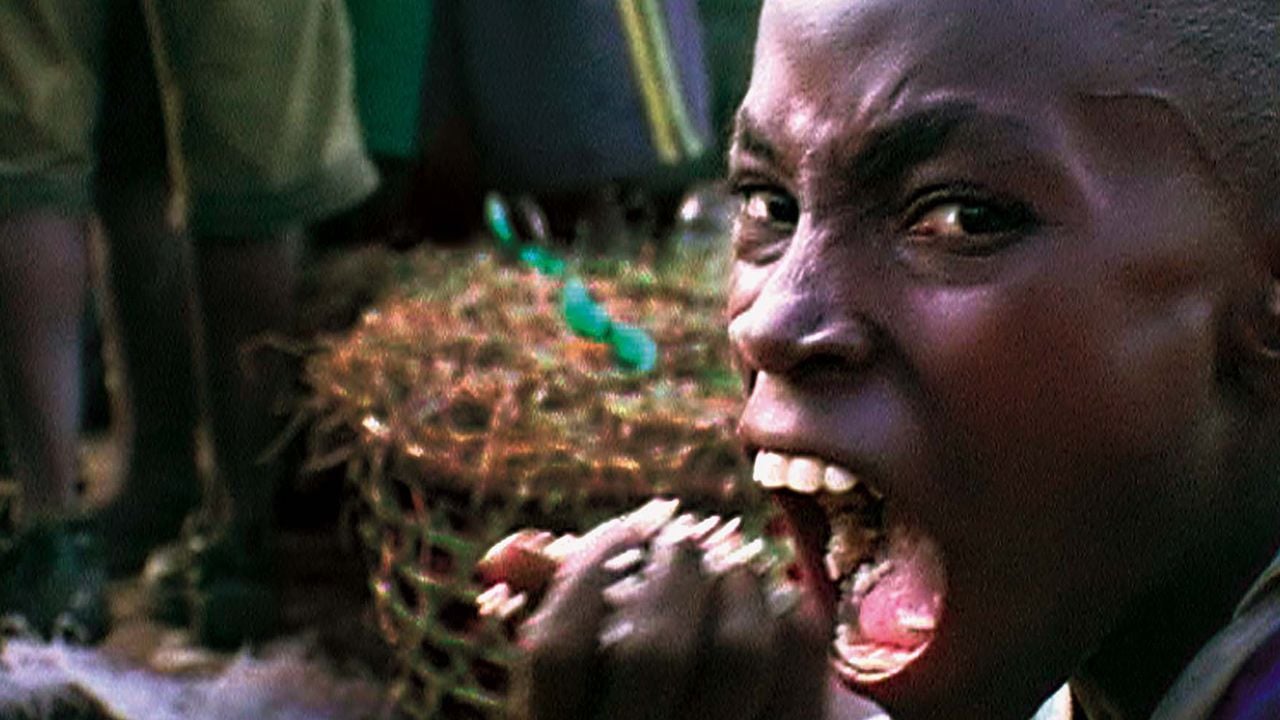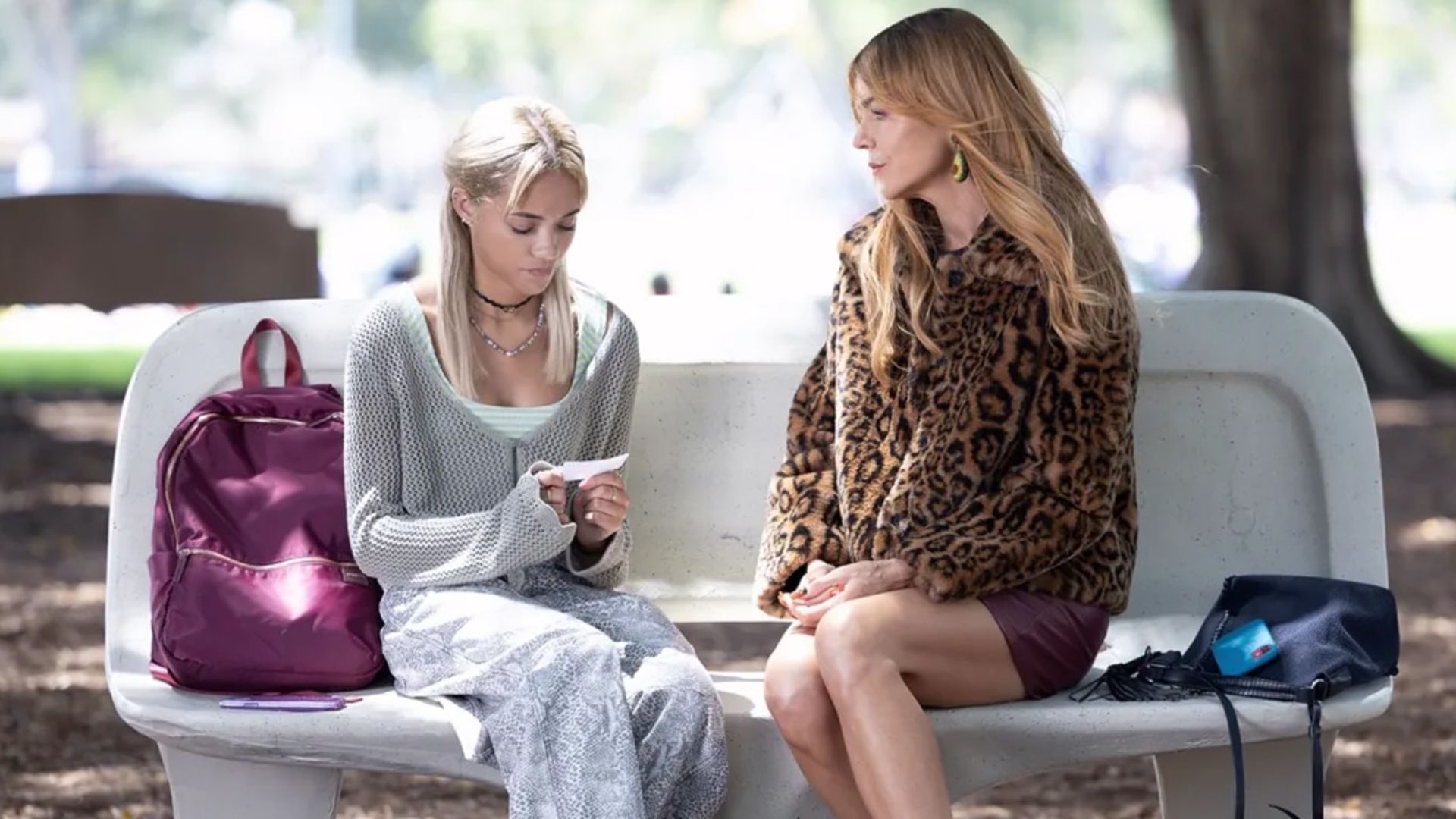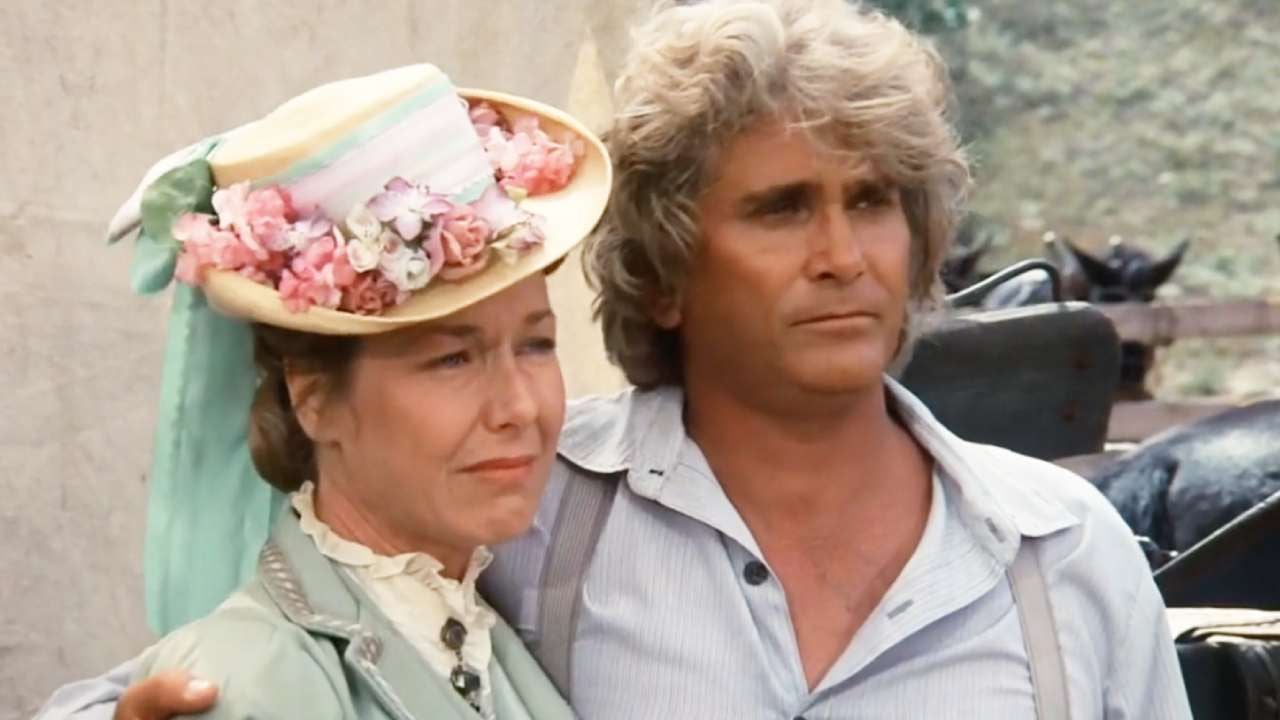Skank’s vocalist and guitarist said that the 80’s generation of the style had lost strength when the names he mentioned arrived
There is no doubt about the importance of Skank in Brazilian music. With more than 6 million records sold — apart from pirated ones —, the band formed in 1991 and ended in 2023 is one of the sales records in the country. And in the opinion of Samuel Rosasuch relevance is measured beyond numbers.
For the vocalist and guitarist, the group composed of him together with Henry Portugal (keyboard), Lelo Zaneti (low) and Haroldo Ferretti (drums) was one of those responsible for the revival of Brazilian pop rock in the 1990s. In an interview with G1the artist also highlighted two other names that can take this credit in a shared way: Raimundos and Chico Science & Nação Zumbi.
Initially, speaking only about Skank, Rosa recalled the context of the time by declaring:
“Now I have enough distance to say that Skank was responsible for the rebirth of Brazilian pop rock in the 1990s. Anyone who lived there knows that that 80s wave of rock being ‘the hot thing’ had passed. Pop music was experiencing a hangover from Brazilian rock, which had ended the 80s with Dr. Silvana and Co., Enemies of the King — which would be better, because it has Paulinho Moskabut it wasn’t that [coisa]… — and the lambada of the Beto Barbosa and axé music, which was born there. Record companies already turned their noses up at any new pop rock band after 1990.”
According to Samuel, the lack of support from record companies for rock in the early 1990s led to the emergence of independent initiatives. Skank himself released his eponymous debut album in 1992, without belonging to a major label.
“The bands started to create independent records, or independent labels. […] Skank was and always has been completely white, without a party, affiliated with any label, and released its independent album on its own. And it was, whether we like it or not, at least, one of the most promising bands that made the industry look at Brazilian pop rock — in addition to the pop rock from the Belorizon scene. Soon after came Jota Quest and Duck Fu in Belo Horizonte, after [Wilson] Sidereal and Tianastasia.”

Skank, Raimundos and Chico Science & Nação Zumbi
In Rosa’s view, the rise of such groups made other musicians more excited about rock. From here, mentions are also made of Raimundos and Chico Science & Nação Zumbi.
“Bands started popping up all over Brazil with this enthusiasm: ‘look, the record companies are looking at pop rock again and I think the 1990s could be a decade of Brazilian pop rock’. And it was. [Fomos] The pioneers, I would say, not entirely alone, but together with Raimundos, Chico Science, that very first wave of the 1990s. Skank was, indeed, one of the strongholds of this renaissance of Brazilian pop rock, releasing its first independent album to later be released on Sony .”
Finally, the frontman even highlights two other great bands that emerged from the resurgence of Brazilian pop rock in the mainstream: Charlie Brown Jr and The Rappa. He says:
“Raimundos went to a label called Banguela, at Warner, which was curated by Titans. Chico Science at [subsidiária] Chaos with us at Sony. I think that these three bands, in the early 1990s, were very notable and preponderant so that we could, again, have more going forward… then we had Charlie Brown Jr, O Rappa…”
Samuel Rosa and the current phonographic market
In an interview prior to Rolling Stone BrazilSamuel Rosa shared reflections on Pinkhis first solo album. The musician revealed the reason why he chose to release the album in the complete, traditional format, instead of distributing it between singles or EPs.
“I’m still not convinced that releasing singles periodically is the best format, the best way to conduct your discography.”
Samuel Rosa also defined the idea of releasing one single after another as “anxious”. He highlighted that this is not always a demand from the artists themselves, but from the executive part of the music industry, which seeks immediacy and measures work by numbers. He then stated:
“For you to point out the aesthetic standard, musical values, what you were believing… To be a complete ‘photo album’ of that artist at that updated moment, you need an album. […] It is difficult to assimilate a song; By the time you start to understand the song, the guy launches another and another.”
On the other hand, he said he understands the current situation in the industry and highlighted that artists’ work is more accessible today.
“I’m from a different time, where people had more difficulty listening to an album. I’m impacted because the last full album I released was on Skank almost 10 years ago. At that time, when you released an album, you had to say ‘listen to my album’; the person had to buy, they had no alternative. Now things are more democratic, that’s good. The guy already listens there, he already knows all the tracks.”
Source: Rollingstone
Earl Johnson is a music writer at Gossipify, known for his in-depth analysis and unique perspective on the industry. A graduate of USC with a degree in Music, he brings years of experience and passion to his writing. He covers the latest releases and trends, always on the lookout for the next big thing in music.








